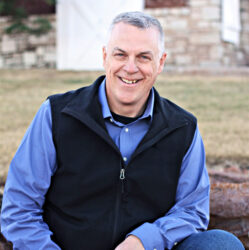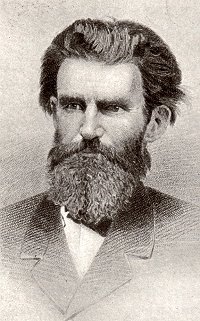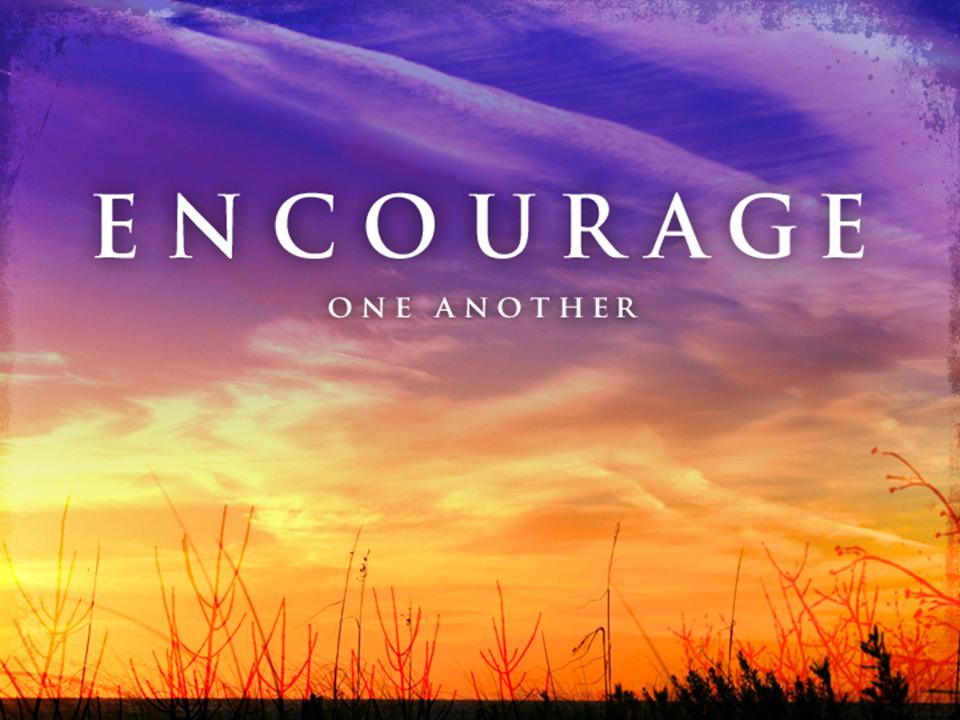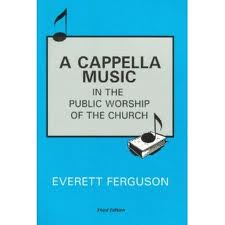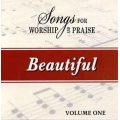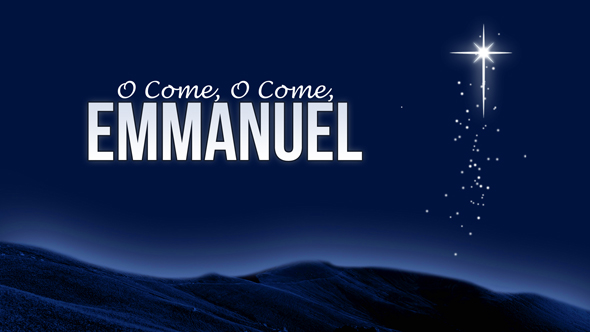 As we consider this hymn many call a ‘Christmas song,’ we find it ancient in not only its text, but in the music as well. The tune you most certainly know it by (made popular in the 1800’s) actually finds its origin from the medieval times. The lack of strict rhythmic measures gives the tune a free-flowing style. You can almost hear the simple intervals as they echo through an old, stone cathedral.
As we consider this hymn many call a ‘Christmas song,’ we find it ancient in not only its text, but in the music as well. The tune you most certainly know it by (made popular in the 1800’s) actually finds its origin from the medieval times. The lack of strict rhythmic measures gives the tune a free-flowing style. You can almost hear the simple intervals as they echo through an old, stone cathedral.
Like many hymns of worship, the text of this song provides a rich source for Christian meditation as we notice that each stanza concentrates on a specific Biblical name for Christ. Jesus is God with us, “Emmanuel.” He is the “Wisdom from on high” and the “the Lord of might.” We read in the scripture He is called “the Rod of Jesse” (Isaiah 11:1) and the “Key of David” (Isaiah 22:22) “…and the key of the house of David will I lay upon his shoulder; so he shall open, and none shall shut; and he shall shut, and none shall open.” Jesus is the ‘Dayspring’ (17: 76-79); “…And thou, child, shalt be called the prophet of the Highest: for thou shalt go before the face of the Lord to prepare his ways; to give knowledge of salvation unto his people by the remission of their sins, through the tender mercy of our God; whereby the dayspring from on high hath visited us, to give light to them that sit in darkness and in the shadow of death, to guide our feet into the way of peace.” Certainly, our Savior is the “Desire of Nations” (Haggai 2:7) “…and I will shake all nations, and the desire of all nations shall come: and I will fill this house with glory, saith the Lord of hosts.” The prophets of old wrote and today we sing of our Savior, Emmanuel.
Consider this old, ‘Christmas Hymn’ as we take this month to look at and explore some familiar favorites. The “Song of the Day”…O Come, O Come Emmanuel.
- O come, O come, Emmanuel, and ransom captive Israel,
- that mourns in lonely exile here until the Son of God appear.
- Chorus: Rejoice! Rejoice! Emmanuel,
- shall come to thee o Israel!
- O come, Thou Wisdom, from on high, and order all things far and nigh;
- to us the path of knowledge show, and teach us in her ways to go.
- O come, o come, Thou Lord of might, who to thy tribes on Sinai’s height
- in ancient times did give the law, in cloud, and majesty, and awe.
- O come, Thou Rod of Jesse’s stem, from ev’ry foe deliver them
- that trust Thy mighty power to save, and give them vict’ry o’er the grave.
- O come, Thou Key of David, come, and open wide our heav’nly home,
- make safe the way that leads on high, that we no more have cause to sigh.
- O come, Thou Dayspring from on high, and cheer us by thy drawing nigh;
- disperse the gloomy clouds of night and death’s dark shadow put to flight.
- O come, Desire of the nations, bind in one the hearts of all mankind;
- bid every strife and quarrel cease and fill the world with heaven’s peace.

